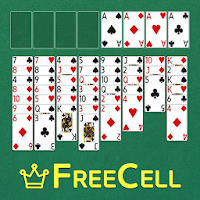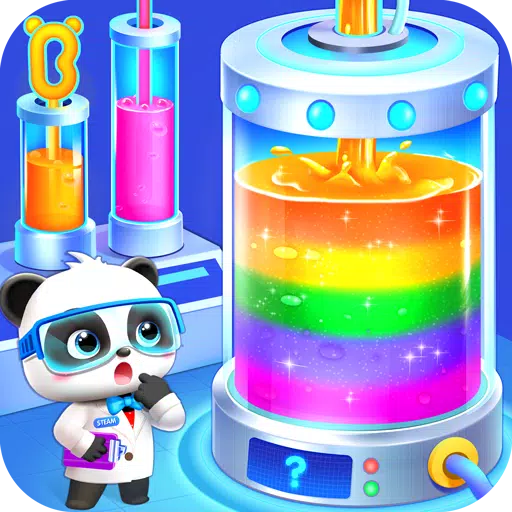Microsoft's recent foray into AI-generated gameplay with an interactive demo inspired by Quake II has ignited a fiery debate across the gaming community. This demo, powered by Microsoft's Muse and the World and Human Action Model (WHAM) AI systems, promises to dynamically create gameplay visuals and simulate player behavior in real-time, without the need for a traditional game engine.
According to Microsoft, this "bite-sized demo" allows players to engage in an environment where every action triggers an AI-generated response, mimicking the gameplay feel of the classic Quake II. The tech giant positions this as a pioneering step towards the future of AI-powered gaming experiences.
However, the reaction to the demo, shared by Geoff Keighley on social media, has been overwhelmingly negative. Many gamers and industry observers expressed disappointment, with some fearing that the reliance on AI could lead to a loss of the "human element" in game development. Critics argue that the current state of AI-generated content falls short of providing a satisfying gaming experience and worry about the potential for studios to prioritize AI over human creativity due to cost considerations.
Despite the backlash, not all feedback was negative. Some users recognized the demo's potential as a tool for early concept development and praised the technological advancements it represents. They see it as a stepping stone for future improvements in AI applications within the gaming industry.
The debate over AI in gaming is part of a broader conversation within the entertainment sector, particularly in light of recent layoffs and the ethical and rights issues surrounding AI-generated content. While some companies, like Keywords Studios, have faced setbacks in using AI to create entire games, others, such as Activision, continue to explore its use in asset development.
As the industry navigates these challenges, the response to Microsoft's Quake II demo highlights the tension between technological innovation and the cherished human touch in game creation.















